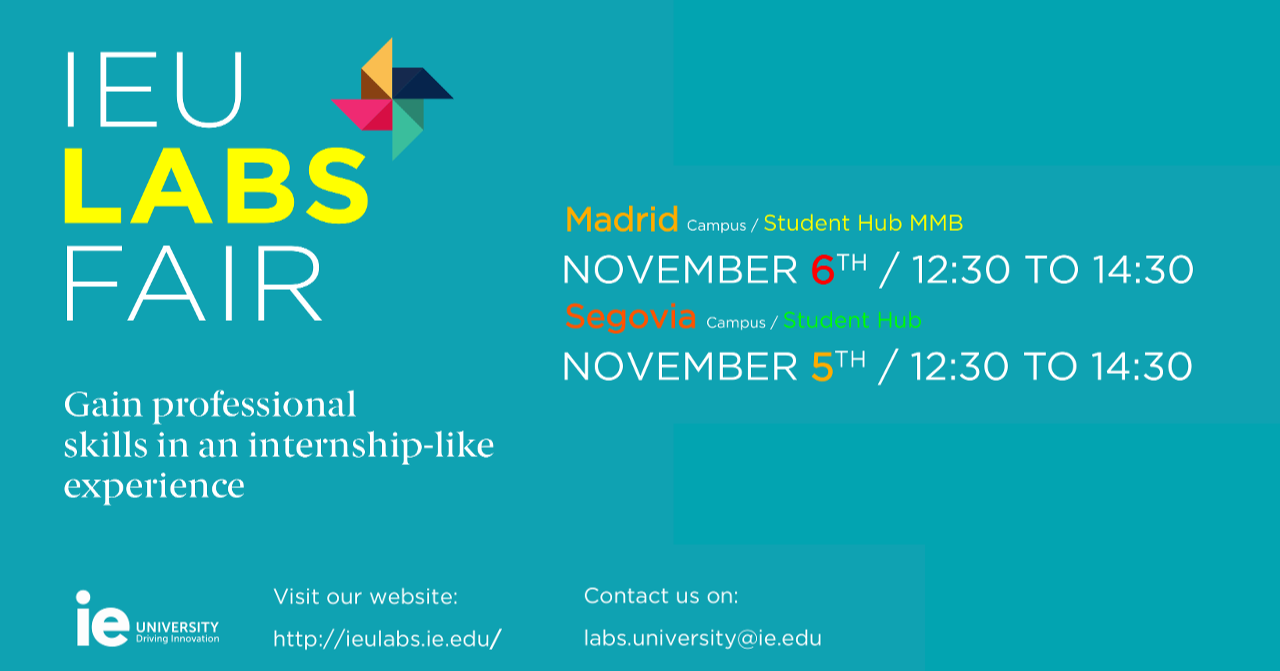SEGOVIA – Interview with Ricardo D’Ambrosio, Student Government Community Development Officer, October 30th, 2019
On Wednesday, the Stork was welcomed into the apartment of Ricardo D’Ambrosio for another round of interviews with Student Government’s officials. While we were eager to hear about any updates on the many promises and potential new projects, D’Ambrosio politely but adamantly insisted he would only speak to events pertaining to and campaign assurances from his Segovia branch. “One thing that we did this year – that I think is good for … every team – is to separate goals and objectives.”
Keeping that in mind, we first spoke about the progress on increasing the student discounts offered by the university. Ricardo responded they were working with some bars, but he also spoke personally to our interviewer, asking “I don’t know if it’s good that you can mention it in the Stork, because, eh, the university itself also has some discounts … just for being students. They [university administration] has already thought of this. ” While he did add later SG wanted to implement more discounts in Segovia, he quickly turned the conversation to the topic of the student bar.
“They (university administration) liked the idea [of the bar],” Ricardo stated, in a complete reversal of Academic Officer Matteo de Palma’s assessment of the situation back in late September. The policy of alcohol on campus, it seemed, was the issue. But moments later, Ricardo mentioned Casa de la Moneda as a potential location, though he seemed doubtful, as most students “don’t know where it is.”
Despite D’Ambrosio’s faith in student’s geographical skills, he seemed confident in their professional potential. SG has “talked to Clint” about making IE Labs “more interactive.” When pressed for details, Ricardo stated that he hoped labs would have “better speakers, [and be] better organized … [but] they haven’t finished the objective yet.” Like many of the Red Administration’s projects, it is still an early work-in-progress.
Some projects though seemed to be destined for the scrapheap. When asked about the Weekend IE League and IE Cup, Ricardo stated they “didn’t make sense anymore” given the tournament held by IE Athletics. He also revealed a new mandate from university administration: SG’s primarily role, at least concerning community development, is not to make proposals, but to aid and support clubs, primarily through social media. Things like IE Spirit Week then will instead be spearheaded by clubs like the IE Engages Club, though coordination may seem spotty given Ricardo couldn’t remember the name of the club or its key members during the course of our interview.
This reveal led to more questions then regarding the new initiative for student committees, which will only take place in Segovia – Madrid’s officers deemed the proposal ineffective given their campuses particular social atmosphere. Ricardo stated the committee members applications were already in, and the selection process would be finished by November. Curiously, the point of the committees seemed to be make and execute proposals. Ricardo didn’t elaborate to further to explain the matter’s discrepancies, nor did he state if he had any objectives of his own to push through the community committee.
There were two major developments were stated to be already underway: plans for Spring Ball – though he gave no further details on the Ball, opting to keep it a surprise – and a new fundraising project for November. While Ricardo stated philanthropy had been largely undertaken by SG President Umberto, Community Development is excited to create a fundraiser for another worthy benefactor (not yet selected) – last year was IE fundraised around four thousand euros for Venezuela. Ricardo stated they could do better this year, as “last year wasn’t well planned.”
Ricardo himself is quite proud of the work thus far, and ready for future success. He modestly said that this was the “first time in a position like this – in my life.” He also stated how he remained true to his ideas of the essentiality of separation among departments: “I see messages in the group [that are] not for me, so I try to avoid them.” Nonetheless, D’Ambrosio recognized not all the goals were going to be met, but like Matteo, he held faith in the Red Administration’s abilities. “Trust the process,” he said, and wanted to remind everyone of how early it was in the year. Bar that, he hoped to “improve next year for the next student government … as I’m doing with my sister’s experience last year [for this year].”






